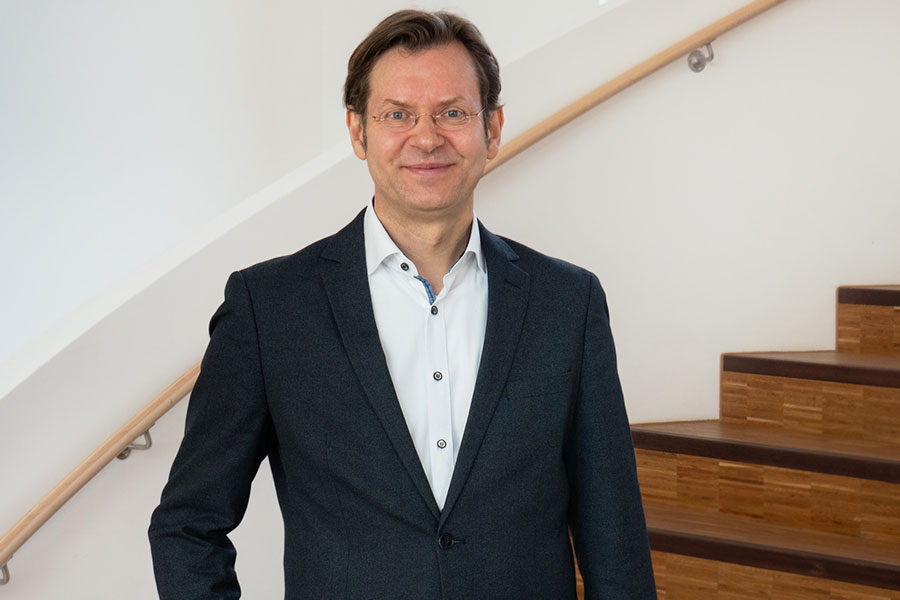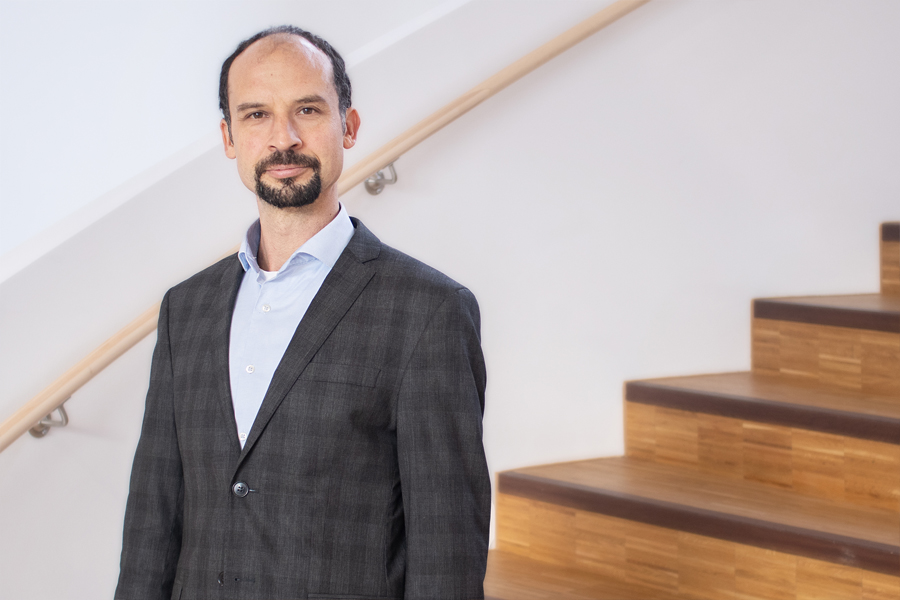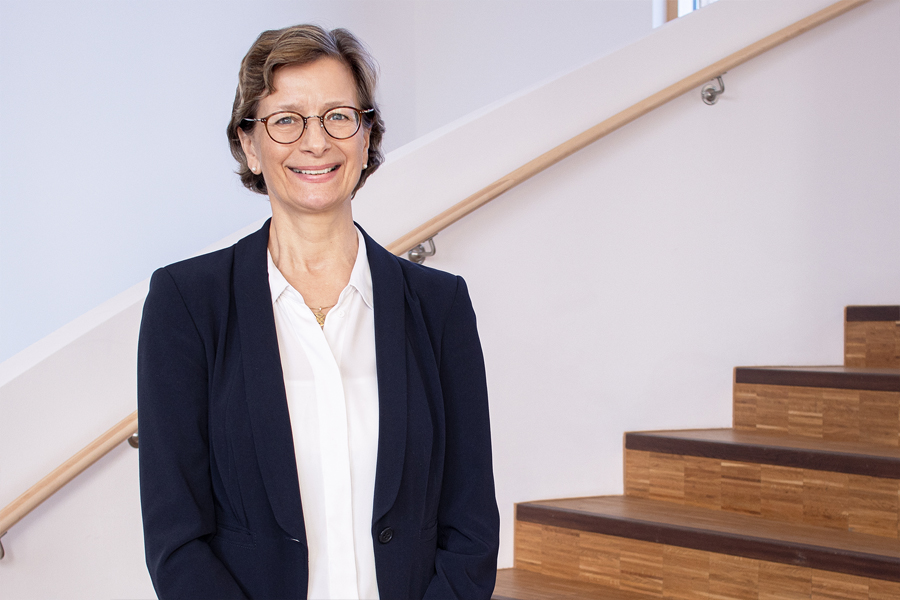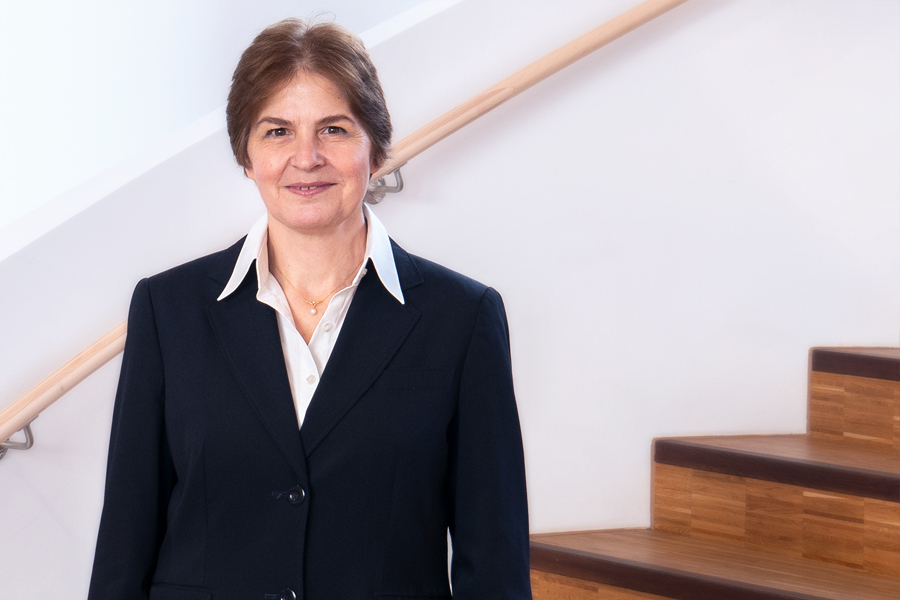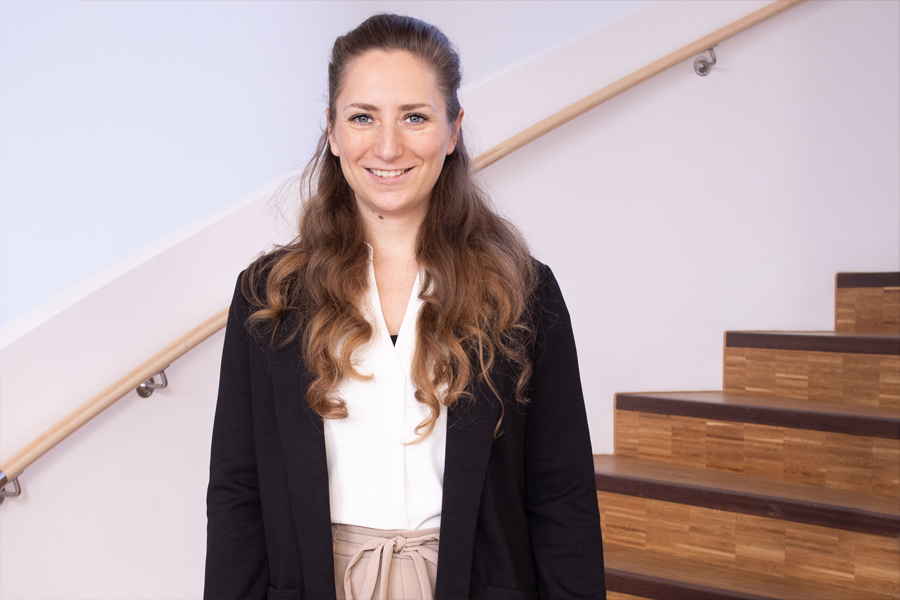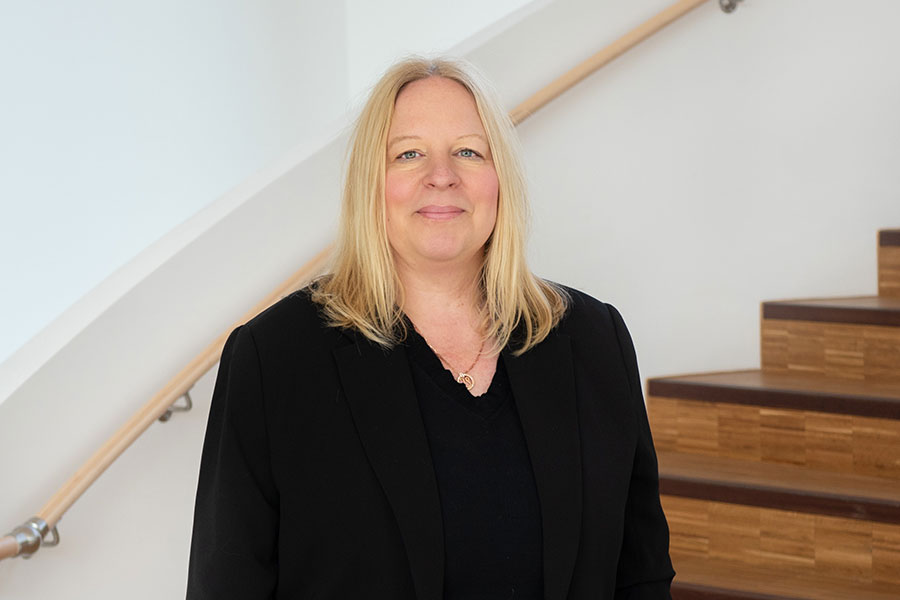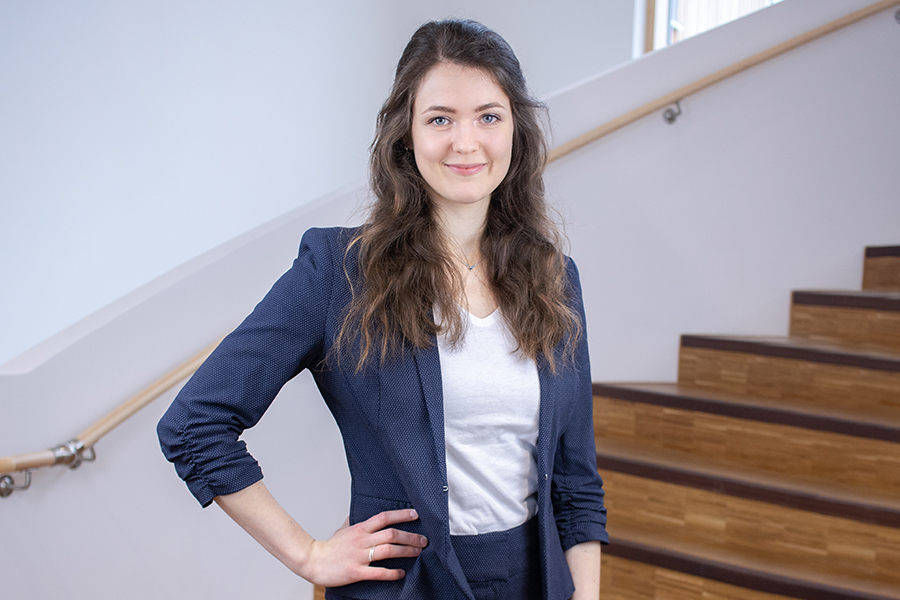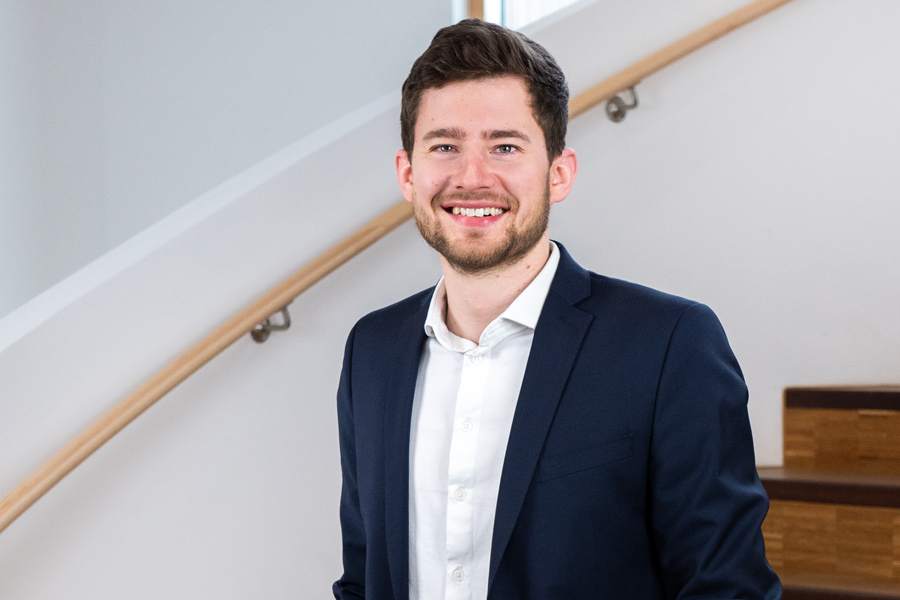ORGANISATION AND DEVELOPMENT OF
BUSINESS FAMILIES
The research of this chair focuses on the family side of family businesses: the business family.
This is a form of family that has not yet been extensively researched in the social or economic sciences. Business families have to surmount unique challenges. For example, a business family has to be a private family and a formally organised business family at the same time. Factors that most families can ignore are essential to business families, because of the responsibility the members carry for their family businesses. They have to organise themselves formally, create forms of management and strategic development and put them into practice. The larger a business family becomes and the more members they encompass, the more important it becomes to work strategically on shaping the growing family network to ensure that the family stays together in its relations with the company.
In business families, the question of suitable successors comes up in every generation – successors who undertake operative activities in the family business and adopt the socially responsible roles of owners/shareholders. The children, young people and parents in business families have specific expectations of one another, which in turn are affected by social developments, individual life choices and the diversification of the kind of world they live in. This is why research and training focus on growing up, education, succession and general socialisation in business families.
Finally, there is the question of how to appropriately support, advise and coach business families, and especially their members, in their demanding family- and business-related responsibilities and challenges, such as those relating to family strategy development, succession, conflicts and decision making. Therefore, this department researches and develops innovative consulting and coaching concepts, such as systemic structures in different formats, to meet the particular needs of business families.
All of the issues relating to these themes are researched by the department from a transdisciplinary viewpoint, which looks especially at combining the sociological, sociopsychological, sociopedagogic and economic dimensions of the topic.
TEACHING EVENTS
- Research Colloquium
- Group Dynamics Training Group
- Practical Reflection Module
- Social Psychology and Sociology of the Family Business and the Business Family
- Systemic Structures as Methods of Practice and Research
- Systemic Coaching and Leadership Skills
- Theory of Business Families and Family Businesses
- On the Theory of Group Dynamics
STAFF OF RESEARCH AND TEACHING AREAS
Prof. Dr Heiko Kleve has led the WIFU Foundation’s Department of Organisation and Development of Business Families since July 2017. Since October 2020, Dr Kleve has steered the academic activities of the WIFU as academic director. He has also been a consultant, mediator, coach and supervisor for individuals, groups, teams and organisations/businesses for around 20 years.
After training as a data processing technician and working briefly in the field, Dr Kleve (born in 1969) studied social work and social education at the Alice Salomon University in Berlin from 1992 to 1996 and social sciences (sociology, political science and social philosophy) at the Humboldt University of Berlin from 1997 to 1999. In 1998, he gained a doctorate in sociology at the Free University of Berlin, achieving summa cum laude. He worked as a freelance social education worker in the psychosocial counselling of families, children and young people (sociopedagogic family counselling and care) and in sociopsychiatric outreach work with individuals from 1997 to 2002.
He was appointed as the chair of Theory and History of Social Work at the Alice Salomon University in 2002. He taught and researched at the Potsdam University of Applied Sciences as a professor of sociological and social psychological foundations of social work from 2005 to 2017. There, he was the dean of the Social and Educational Sciences Department from 2013 to 2017, as well as the director of a social work course specialising in families and the academic director of further training in systemic case management, systemic coaching and systemic structures.
Dr Kleve possesses additional certifications as a systemic consultant (DGSF), supervisor and coach (DGSv), systemic and teaching supervisor (SG), conflict mediator and case manager (DGCC).
Main areas of work, research and interest
- Sociological system theory of business families and family businesses
- Family governance/strategy
- Reflections on and dealing with complexity
- Theory and practice in applied social sciences
- Group dynamics
- Systemic structure
PUBLICATIONS (SELECTION)
- Kleve, H., S. Roth, T. Köllner & R. Wetzel (2020): “The Tetralemma of the Business Family: A Systemic Approach to Business-Family Dilemmas in Research and Practice” Journal of Organizational Change Management 33 (2), S. 433–446. DOI: 1108/JOCM-08-2019-0254.
- Kleve, H., T. Köllner, A. von Schlippe & T. Rüsen (2020): “The Business Family 3.0: Dynastic Business Families as Families, Organizations and Networks.” Systems Research and Behavioral Science special issue Organization and Membership edited by M. Grothe-Hammer & A. la Cour. DOI:10.1002/sres.2684.
- Kleve, H. (2017): System Compliance in Unternehmerfamilien. Konfliktprävention durch Beachtung elementarer Systemregeln. In: Konfliktdynamik, Issue 4/2017, p. 294-300.
- Kleve, H. & Köllner, T. (editors) (2019): Die Soziologie der Unternehmerfamilie. Grundlagen, Entwicklungen, Perspektiven. Springer VS: Wiesbaden.
- Wirth, J. & Kleve, H. (editors) (2012): Lexikon des Systemischen Arbeitens. Grundbegriffe der systemischen Praxis, Methodik und Theorie. Carl-Auer: Heidelberg.
You will find detailed information at:
CURRENT RESEARCH PROJECTS
- System theory of the business family
- Sociology of the business family
- The ‘tripled family’ – large business families as families, organisations and networks
- Systemic consulting, in particular systemic structures as a method of reflection and support for business families
- Family businesses and business families in Japan – differences and commonalities with German family businesses
COMPLETED DISSERTATIONS
- Treuhändermentalität in dynastischen Unternehmerfamilien. Die Herstellung einer vermögensstrategischen Haltung als soziale Praxis, 2023
- Kindliche Resilienz in Unternehmerfamilien. Eine empirische und sozialisationstheoretische Verortung, 2022
- Der Prozess der Entscheidungsfindung und Abstimmung von nicht-operativ tätigen GesellschafterInnen deutscher Familienunternehmen, 2021
- Der besondere Beitrag von Familienunternehmen bei der Arbeitsmarktinklusion von Geflüchteten im Unterschied zu anderen Unternehmen. Gegenüberstellung in einer qualitativen Studie, 2020





